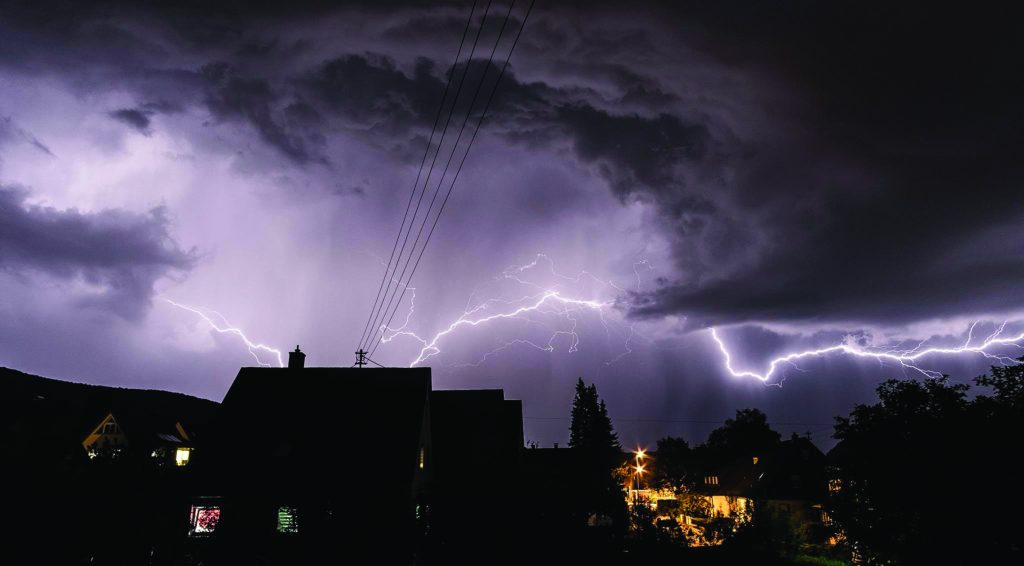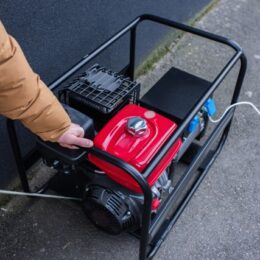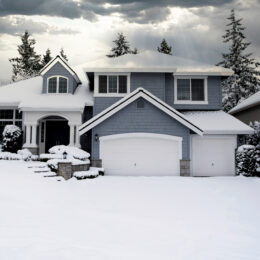
Late summer and early fall often bring tornadoes and floods to our part of the country. That’s why it’s smart to take precautions with your home’s electrical system.
Keep in mind that debris from storms can easily ignite if it comes into contact with downed power lines, especially if electrical wires are severed. Also, standing water and even appliances can become electrically charged.
These tips should help keep you safe following storms this season:
General electrical safety
- Never touch a downed power line. Call your electric co-op to report it immediately. Avoid contact with overhead lines during cleanup and other activities. Assume all wires on the ground are electrically charged.
- Be sure all electric and gas services are turned off before entering buildings for the first time.
- If water has risen above the electrical outlets in your home, contact a licensed electrician before turning on your main circuit breaker. Outlets and wiring that have come in contact with water could present a fire and shock hazard.
- Allow all electrical appliances and electronic equipment, once submerged, to dry thoroughly. Have them checked by a qualified repair person before turning them on.
- Look for and replace damaged extension and appliance cords, and loose prongs and plugs.
Generator safety
- Portable electric generators are often put into use for temporary power. Be sure to follow the manufacturer’s directions for installation and operation.
- Use generators or other fuel-powered machines outside the home. Carbon monoxide fumes are odorless and can quickly poison you indoors.
- Take special care not to overload the generator. Use appropriately sized extension cords to carry the electric load. Make sure the cords have a grounded, three-pronged plug and are in good condition.
- Never run cord under rugs or carpets.
- Never connect generators to another power source such as power lines. The reverse flow of electricity can electrocute an unsuspecting utility worker.
Sources: U.S. Fire Administration, Consumer Product Safety Commission, Arkansas Cooperative Extension Service



